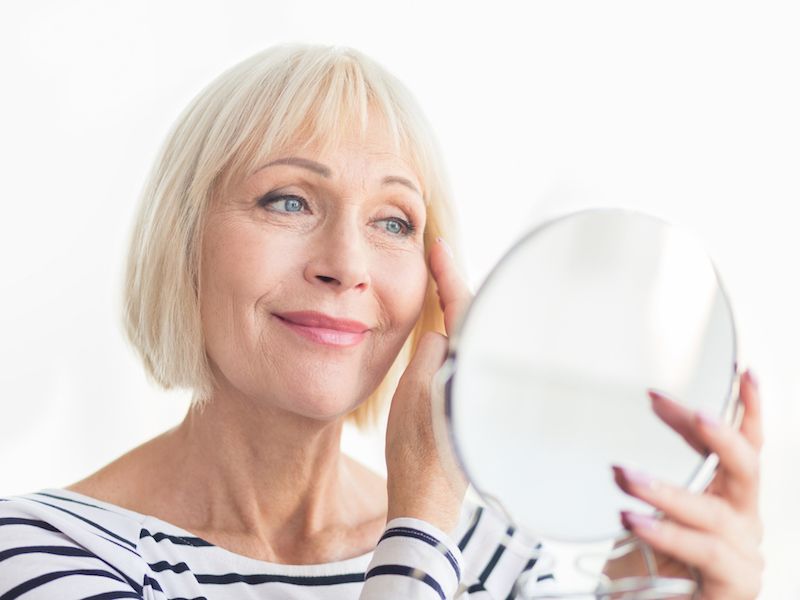
Everybody wants to stay young for as long as possible. We spend countless hours trying everything possible to stay young. From special diets to fad workout programs to Botox to wrinkle creams. And yet, even with all that energy (and all those hours), we tend to avoid doing one easy thing that could actually work: protecting our ears.
Most people probably consider hearing loss as inevitable as we age. But it’s not as simple as that. You can keep your hearing in good shape and help avoid damage by safeguarding and taking care of your ears. And as time goes by, strong hearing can have considerable anti-aging advantages.
Aging And Hearing
The actual passage of time is not generally what we are making reference to when we talk about aging. Instead, “aging” generally describes the presentation of certain physical, mental, or emotional attributes that we link to getting older. Joint pain is a great illustration of this. When your knees start to hurt, you may relate that with “getting old”. But lifestyle has as much to do with this as age does.
Many types of hearing loss are in this category. As you get older, damage builds up. The build-up of damage, in most situations, is the real cause of hearing degeneration. And it’s typically downhill from there. Untreated hearing loss has been related to a number of other signs of aging:
- Neglected hearing loss may cause you to isolate yourself from friends or family.
- Occasionally, issues like insomnia and memory loss, can be triggered by the mental strain of attempting to hear. And, in an especially intense way, that can cause you to feel like you are aging.
- The onset of mental issues, including dementia, can often be hastened by ignored or undetected hearing loss.
- Depression and anxiety have been demonstrated to have a significant link to hearing loss.
So How do I Overcome Age-Related Hearing Loss?
You’re really emphasizing damage prevention when you battle the “signs of aging” in your ears. And it’s fortunate that we can accomplish that using several methods. For example, you can:
- As much as you can, avoid loud noises. And when you can’t stay away from high volume areas, wear hearing protection. So when you go to that concert with your favorite band, be certain to use earplugs.
- Become more aware. You can still suffer harm to your hearing even if sounds aren’t painfully loud. Your ears can also be damaged by moderate noise if you are exposed to it for long time periods.
- If you happen to work in a somewhat noisy setting, wear hearing protection. Modern ear muffs have excellent technology that can let you hear voices with clarity while filtering out loud, damaging environmental sounds.
Your ears can be safeguarded by all of these actions. But if you want to keep your hearing in good shape you can do one more thing: come see us for a hearing test. Making certain you undergo hearing tests with regular frequency can help you catch hearing loss before it’s even recognizable. You should still have an exam even if your hearing is normal so that you can have a baseline to compare against in the future.
Keep Your Hearing Healthy by Wearing Hearing Aids
We live in a loud world. In spite of your best effort to protect your hearing, you still may ultimately notice some hearing loss. If that’s the situation, it’s essential that you get help as soon as you can. Some of the age related issues related to hearing loss can be avoided with a quality pair of hearing aids.
You could maybe think of hearing aids as a facelift for your ears: something to make your ears to perform a little more youthfully. And that can help keep depression, dementia, and other issues from increasing. The analogy isn’t ideal, as hearing aids are necessary and a facelift isn’t, but you get the idea. Wrinkle creams may help you look younger. But your best choice, if want to feel younger, is to take care of your hearing loss and protect your ears.
